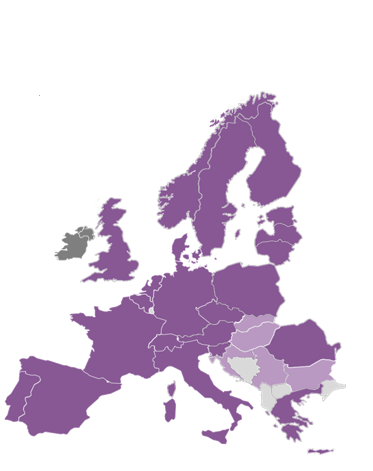Frequency restoration via manual activation (mFRR/R3)
By offering balancing flexibility for manual activation, Balancing Service Providers (BSPs) enable Elia to cope with significant imbalances.
In the event of a substantial imbalance between generation and consumption that cannot be corrected by FCR or aFRR , Elia may activate flexibility available as a tertiary control measure: mFRR (manual Frequency Restoration Reserve).
Product design
The flexibility used for manual frequency restoration must comply with the mFRR design. It differs from the FCR and aFRR balancing services primarily in that Elia activates mFRR manually and that the requested energy is to be activated within 15 minutes.
Grid users connected to the Elia grid or to the grid of a distribution system may directly take on the role of BSP to offer balancing flexibility to Elia or through a partnership with a third party, who may aggregate several delivery points to offer the service.
Reserved and non-reserved flexibility
The balancing energy that Elia activates for mFRR purposes can be available at delivery points:
- Where Elia has reserved the balancing capacity in advance;
- That the BSP uses freely throughout the day to offer flexibility to Elia..
How can European platforms contribute to balance on the Belgian grid?
Elia is constantly developing and improving balancing services in line with the changing context and regulatory framework.
At European level, platforms are being developed to optimize and support the balancing management across countries. The platforms foster a European market for balancing flexibility.
With that in mind, Elia is a member of the MARI platform that is currently being established.


